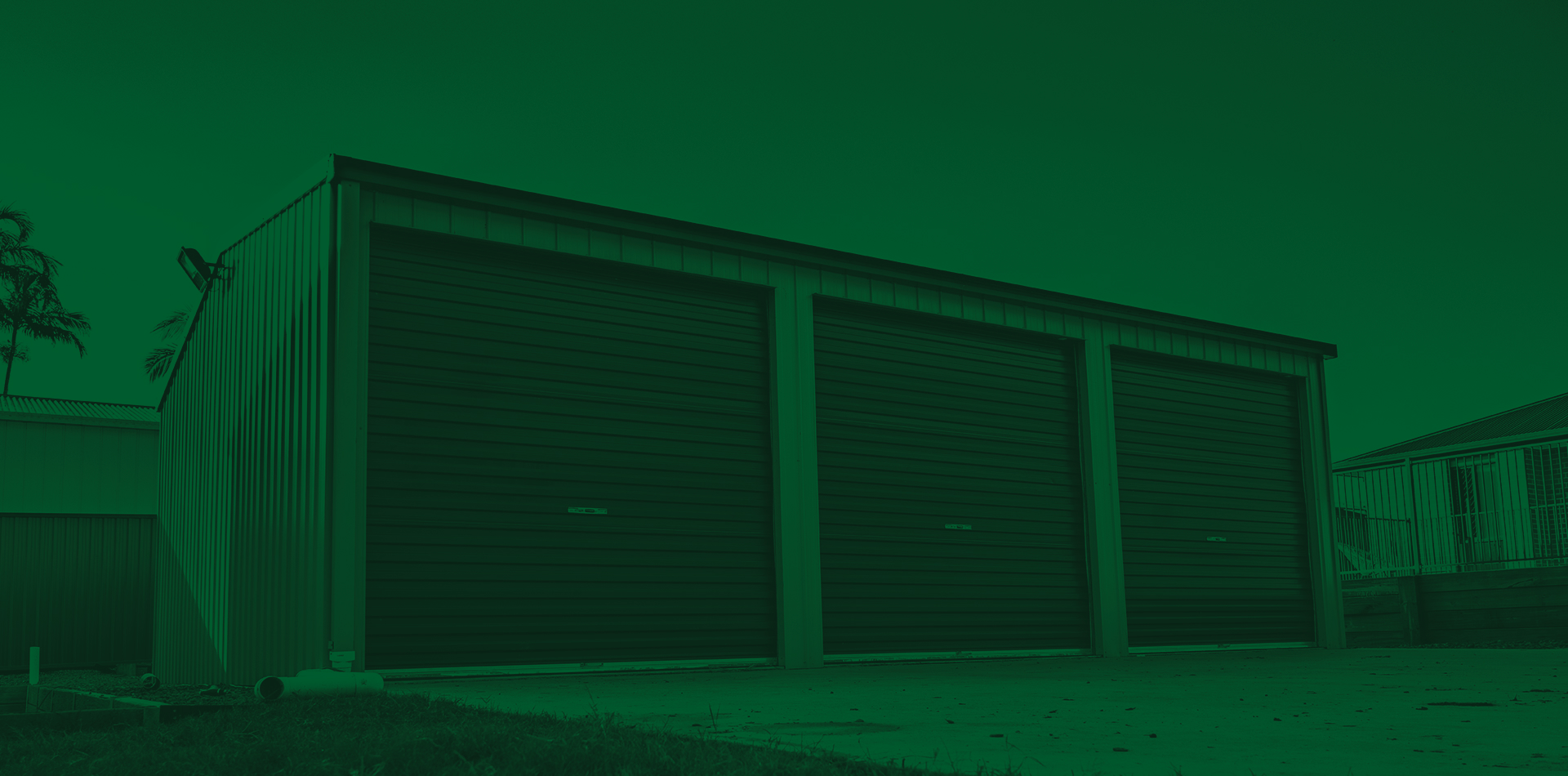
The Truck Series; Useful Tips for Maintaining and Storing Your Truck
Whether your truck is a big rig or a utility workhorse, getting the most out of it requires the same level of care and attention as you would give to any motor vehicle. If you want it to run well and keep running well into the future, you need to keep its vital systems in good working order. So with that in mind, here are some maintenance tips to help you keep on trucking, plus storage tips for when you need to take your truck off the road and mothball it in a steadfast Titan Garage for a while.
Truck maintenance tips
Like every motor vehicle, a truck has several vital systems that keep it running, and each of these needs regular attention to ensure it continues to work efficiently.
Cooling
This involves your radiator, which distributes water throughout the engine block and the hoses, fan and belts that are used as well. Regularly check coolant level in the radiator and top up as required. Check belts for cracking and hoses for splits, and replace any signs of evident wear. A pressure test on the radiator should also be performed periodically to ensure there are no leaks.
Lubrication
This involves all the fluids that lubricate your truck including the engine oil, transmission oil, brake fluid, and the clutch and power steering hydraulic oils. Most of these should be checked periodically and topped up or replaced as required, while the engine oil should be replaced every 5,000 kms if your truck is more than ten years old, and less frequently if it is newer.
Ventilation
This involves the air distribution and filtering systems in your truck, such as the air filter, exhaust, air conditioning and (on newer trucks) the emission control system. These should all be checked regularly for faults. Air filters should be kept free of dust and insects and changed every 10,000 km to 15,000 km, or every 12 to 18 months.
Suspension
This is the system of tyres, springs, shock absorbers and linkages that connect the truck to its wheels. Tyre pressure should be checked weekly, wheels should be rotated periodically to allow for even tread wear, and suspension components and shocks should be checked regularly. This is highly necessary in heavier trucks, as they bear more weight and wear quicker than in a normal passenger vehicle.
Other systems, such as brakes, fuel, steering and electrics should also be regularly monitored, and things like brake pads, batteries, lights and fuses should be replaced periodically as required.
Truck storage tips
If you are putting your truck into storage for any length of time, you will need to take some additional preventative measures to ensure it doesn’t deteriorate while not in use. Here are some tips for what to do before storing your truck.
- Check all fluids – This includes fuel, oil, coolant and transmission fluid. Fill up the fuel tank to 95% to reduce airspace and minimise the chance of moisture accumulating. Also add a fuel stabiliser. Replace the engine oil to prevent moisture and acids in the used oil pitting the bearings and other engine parts, and top up the coolant in the radiator to reduce moisture accumulation, which can lead to rust.
- Remove the battery – Disconnect and remove the battery from the truck. Either store it away from the vehicle in a dry, temperature-controlled area, or consider selling it, as batteries tend to lose their charge over time.
- Check for leaks – Give your truck a thorough inspection inside, outside and underneath to make sure there are no leaks of any kind. As the vehicle will be left unattended for a length of time, you don’t want something quietly leaking and damaging your truck while it is in storage.
- Protect your tyres – Inflate your tyres to the maximum recommended pressure to account for the loss of air pressure over time, apply a tyre protectant to reduce the risk of rotting and use jack stands to keep the truck’s weight off the wheels and reduce the risk of flat spots developing on the tyres.
- Release the handbrake – If your truck is being stored for any length of time, use tyre stoppers to keep it in place, and then release the parking brake to prevent the brake pads from sticking to the rotors over time.
- Clean your truck – Thoroughly wash your truck to remove dirt and grime that could become corrosive, and apply a coat of wax to protect the paint finish. Spray door hinges and other metal parts with an anti-rust product, and wipe down seals and other rubber parts with a rubber dressing to prevent cracking.
- Store your truck – Ideally, your truck will be stored in a storage facility or Titan Garage and protected from the elements, but if this is not possible, consider putting a weatherproof cover over it at the very least. Titan Garages come in a range of sizes to suit any size or type of truck,, and are super weather-resistant and durable to protect your favourite piece of equipment while it’s not in use. The windows of your truck should be wound up and the doors locked, the windscreen wipers removed to prevent sticking and a rag stuffed in the exhaust pipe to keep out dust and vermin.
Storing your truck for protection and longevity
Ultimately, it’s not too hard to keep your truck in good condition, whether it’s in storage or being used on a daily basis. Storing it properly in a highly durable and weather-resistant Titan Garage is the best way to protect it from the elements and general wear and tear while it’s not being used. Providing you follow a regular maintenance schedule and don’t skimp on the details, there’s no reason why your pride and joy won’t keep on trucking for as long as you continue to drive it.

